ARTICLE AD BOX
Archana Shukla
BBC News, Mumbai
Nikita Yadav
BBC News, Delhi

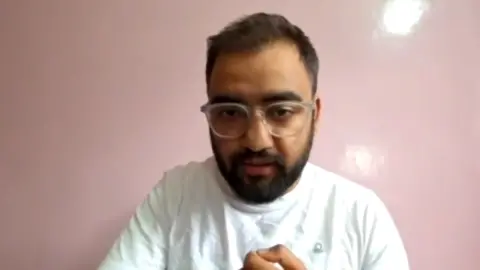 BBC
BBC
Umar Sofi quit his job to study in the US, but faces uncertainty because of Donald Trump's student visa suspension
When 26-year-old Umar Sofi received his acceptance letter from Columbia University's School of Journalism, he thought the hardest part of his journey was over.
After trying for three years, Mr Sofi had finally been admitted to his dream university and even secured a partial scholarship. He quit his job in anticipation of the big move.
But on 27 May, when the US suddenly paused student visa appointments, the ground slipped from beneath his feet.
"I was numb. I could not process what had happened," Mr Sofi, who lives in Indian-administered Kashmir, told the BBC.
Some 2,000km (1,242 miles) away in Mumbai, 17-year-old Samita Garg (name changed on request) went through a similar ordeal.
A day after she was accepted into a top US university to study biochemistry - her first step towards becoming a dermatologist - the US embassy halted student visa appointments.
"It is scary and stressful," Ms Garg told the BBC over the phone. "It feels like I've been left in the lurch, not knowing when this will end."
Both Mr Sofi and Ms Garg now have only a few weeks to secure their visas before the academic year begins in August, but little clarity on whether they can go ahead with their plans.
Last month President Donald Trump's administration asked US embassies across the world to stop scheduling appointments for student visas and expand social media vetting of applicants.
This wider move followed a crackdown on America's elite universities like Harvard, which Trump accused of being too liberal and of not doing enough to combat antisemitism.
Trump's decisions have had far-reaching repercussions in India, which sends more international students to the US than any other country.
Over the last month, the BBC spoke with at least 20 students at various stages of their application process, all of whom echoed deep anxieties about their futures. Most chose to remain anonymous, fearing retribution from the US government and worried that speaking out now could hurt their chances of obtaining a visa, or renewing it.

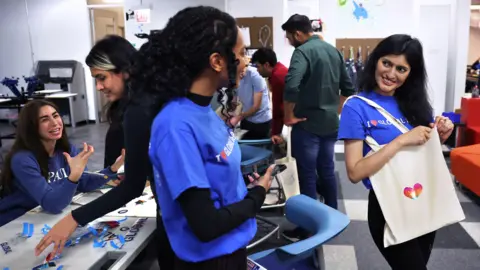 Tribune News Service via Getty Images
Tribune News Service via Getty Images
Indian students make up the largest international group in the US
More than 1.1 million international students were enrolled in US colleges in the 2023-24 school year, according to Open Doors, an organisation that collects data on foreign students.
Nearly a third of them, or more than 330,000, were from India.
Educational consultants report that applications to US universities for the upcoming autumn semester have dropped by at least 30% because of the uncertainty.
"Their biggest fear is safety - what if their visas are rejected or they're deported mid-term?" said Nikhil Chopra, founder of TC Global, an international education consultancy.
Experts say many students are now either deferring their plans or switching to countries perceived to be more "stable" like the UK, Germany, Ireland and Australia.
Prema Unni (name changed on request) was accepted into three US universities for a master's in data analytics. But instead of preparing for the move, he decided to forgo the opportunity altogether.
"There's uncertainty at every step - first the visa, then restrictions on internships and part-time work, and the constant surveillance while on campus," Mr Unni said. "It is very stressful."
The halt on visa interviews is the latest in a series of policies tightening immigration rules for students. A few weeks ago, the US warned that students who drop out or miss classes without proper notification risk having their visas revoked, and could be barred from future entry.
These decisions have come around the time of the year when 70% of student visas are issued, or renewed, sparking great unease among Indian students.
"No student wants to go to a country and then have the visa policy suddenly change," Chris R Glass, a professor at Boston College told the BBC. "They need stability and options."

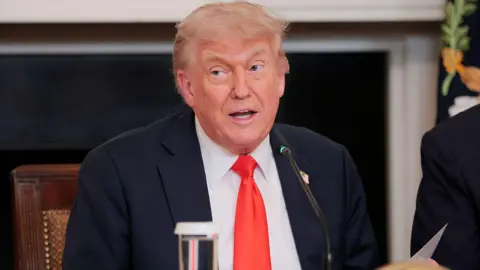 Getty Images
Getty Images
US President Donald Trump has implemented a crackdown on some of America's elite universities
The uncertainty will have long-term consequences - both for the aspirations of Indian students, but also for the US's future as a coveted higher education hub - says Prof Glass.
Foreign student enrolment in US universities was slowing even before Trump's latest salvo.
According to The Indian Express newspaper, the US denied 41% of student visa applications between the fiscal years 2023 and 2024, the highest rejection rate in a decade, and nearly doubling from 2014.
Data from Student and Exchange Visitor Information Systems (SEVIS), which tracks foreign students' compliance with their visas, showed a nearly 10% drop in international student enrolments as of March this year compared with the same period in 2024.
International students are a financial lifeline for many US colleges, especially regional and state universities offering STEM (Science, Technology, Engineering and Mathematics) and other master's programmes.
These students pay significantly higher tuition fees than US citizens.
In the 2023–24 academic year alone, foreign students contributed $43.8bn to the US economy, according to Nafsa, an association of International educators. They also supported over 375,000 jobs.
"This really isn't about a short-term disruption of tuition revenue. This is about a long-term rupture in a strategic relationship that benefits both countries," Prof Glass said.
For decades the brightest Indian students have depended on an American education in the absence of top quality Indian universities or a supportive research ecosystem.
In turn they've helped plug a skills gap in the US.
Many land highly sought-after jobs after they finish their courses - in particular, representing a significant pool of skilled professionals in sectors like biotechnology, healthcare and data science - and have even gone on to lead iconic companies.
Everyone from Google's Sunder Pichai to Microsoft's Satya Nadella went to the US as students.
While this has often led to concerns of a "brain-drain" from India, experts point out that India is simply unable to solve the problem of quality and quantity higher education in the immediate future to provide a domestic alternative to these students.
Experts say it will be a lose-lose situation for both countries, unless the cloud of uncertainty lifts soon.
Additional reporting by Divya Uppal, BBC India's YouTube team, in Delhi.
Follow BBC News India on Instagram, YouTube, Twitter and Facebook.

 3 hours ago
3
3 hours ago
3
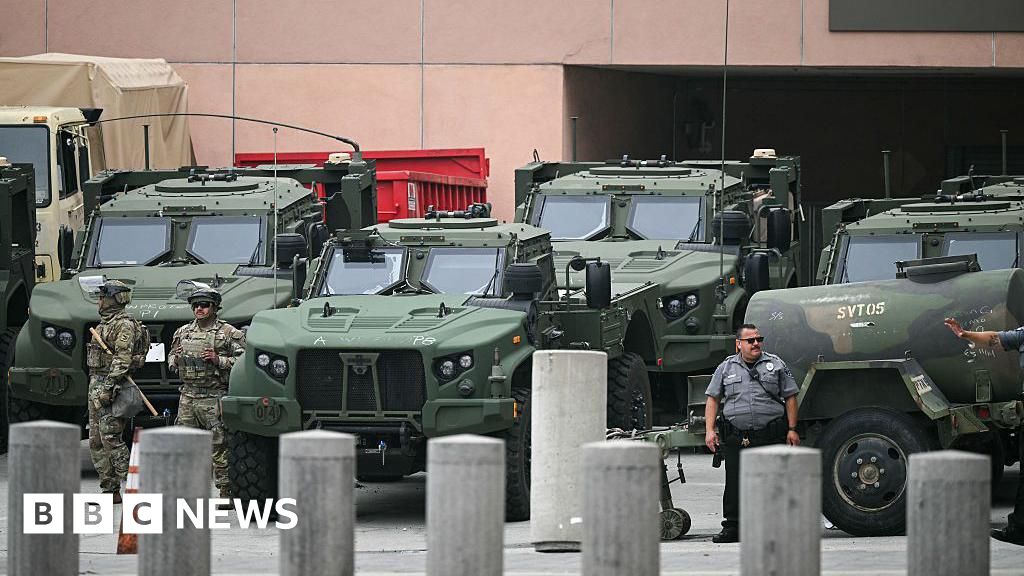

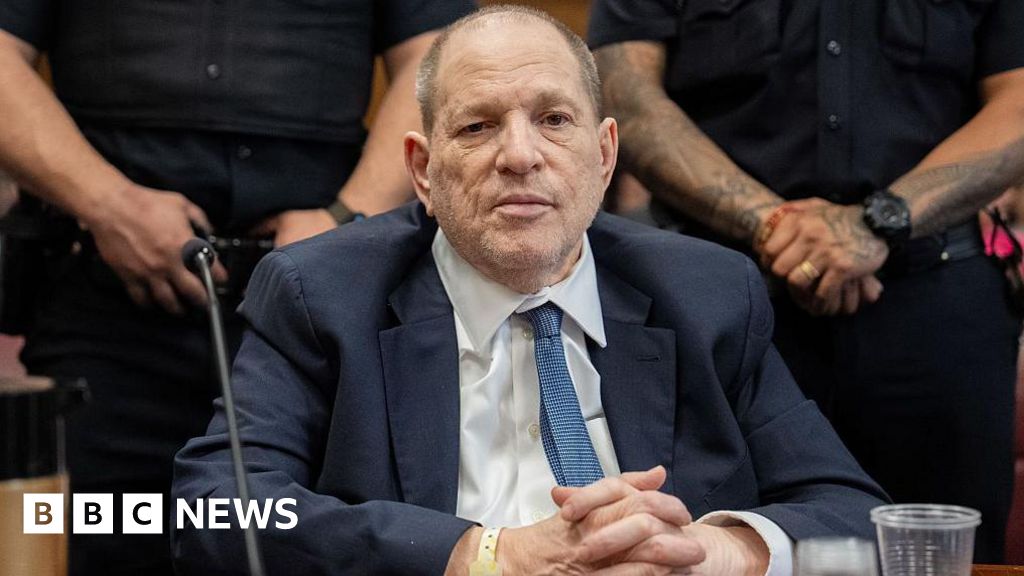





 English (US) ·
English (US) ·